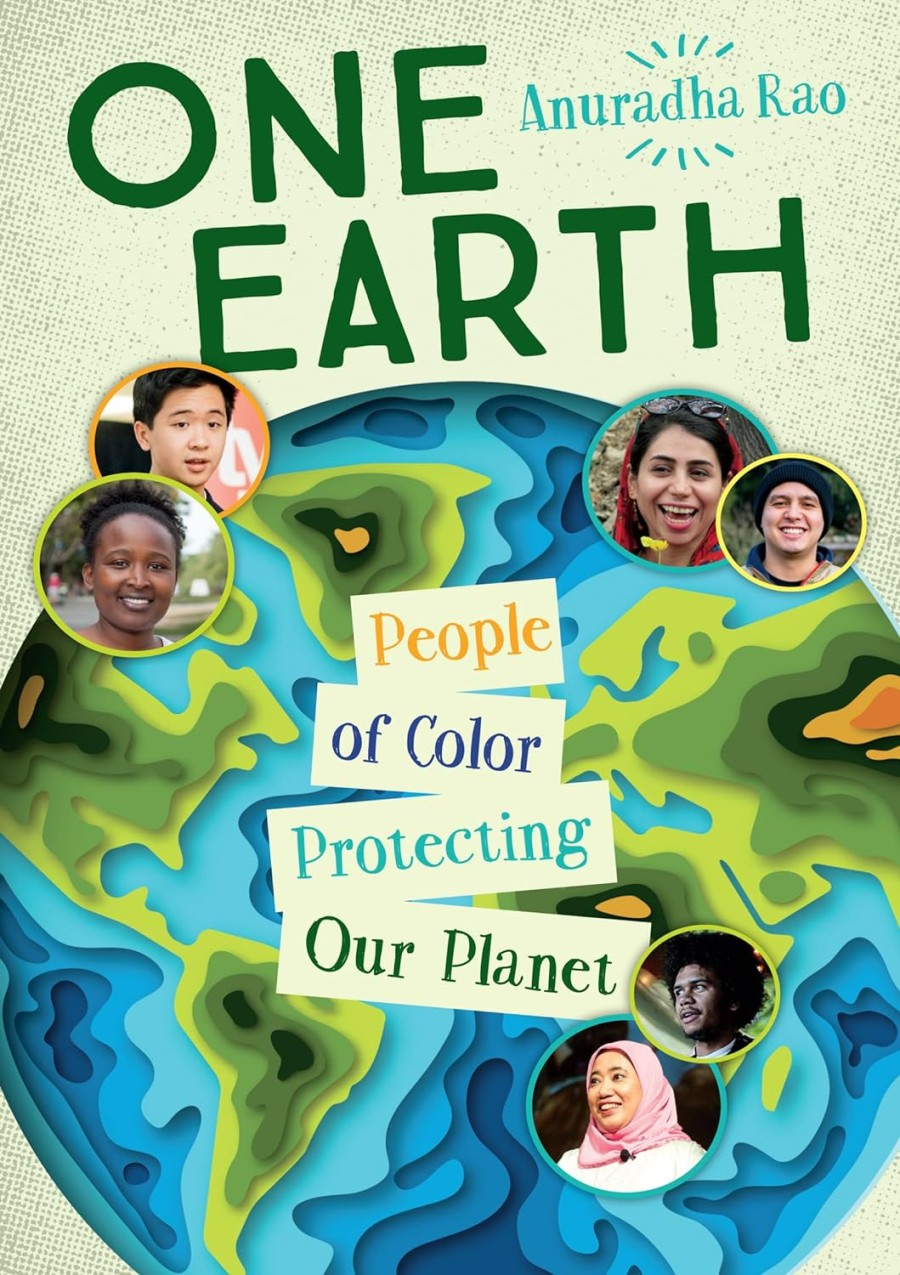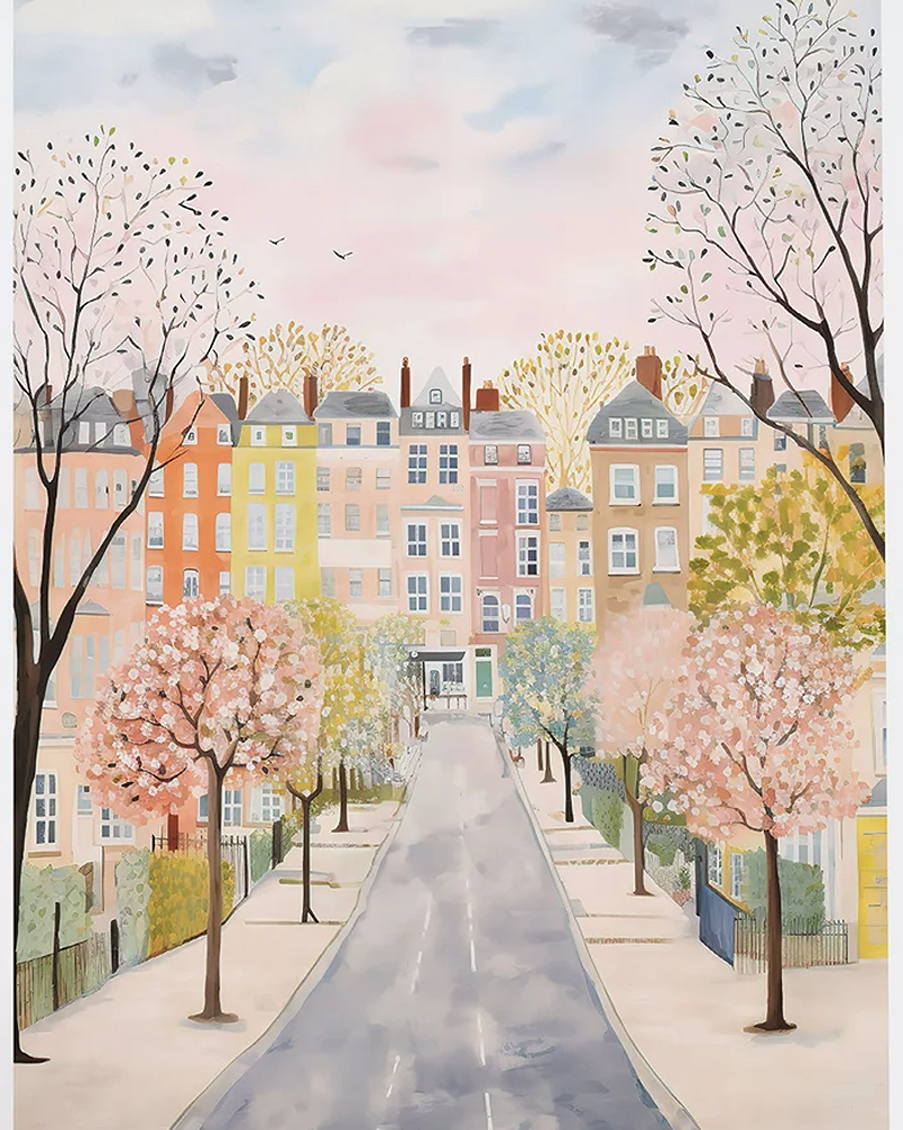Telling the Stories of Black Environmentalists

People the Planet Needs Now is a hopeful book that profiles 25 black and brown scientists and activists, who are helping to prevent climate change and industrial waste, social injustice and poverty worldwide.
Meet these heroes to help inspire change on a global scale. Learn about their childhoods and struggles (and sometimes racist encounters) that they overcame to help save the world.
Over 32 years, photographer Dudley Edmondson has had his work featured around the world, and his work has taken him from the Arctic Circle to the Bahamas.
In 2021, he was appointed to a Heritage Council in the US, which makes funding recommendations to protect Minnesota’s prairies, wetlands and forests.
Alex Troutman is a wildlife biologist who helps to restore lands through surveys to help impacted wildlife from large-scale land management.
Growing up in Georgia, he had no black role models who were wildlife biologists, and now after taking two degrees (despite having dyslexia and ADHD) he says it inspires him that he can inspire other black wildlife enthusiasts. He writes ‘ If you’re passionate, don’t listen to the naysayers’.

It would be nice to think that racism no longer exists in England as we are a welcoming nation, but the truth is not so pretty. And remember racism is not experienced by black and Asian people, but also by Polish and even Irish people still in today’s society.
But there are better ways to addressing issues than covering statues in toxic paint and throwing them into rivers (Bristol Harbour is home to 70 species of birds, 18 butterflies, endangered peregrine falcons, cormorants, rare mining bees and acid heathland plants like gorse and heather).
What did they do to deserve a mighty statue covered in toxic paint being hurtled into their watery home?
Addressing Environmental Racism
Racism is almost always due to fear and lack of education. Years ago there was a good BBC 2 series, where polar opposite people would spend a week together. One success story involved a Neo-Nazi skinhead who spent a week living with the family of a young black man.
They got on so well, he ended up going round to the house on a regular basis, to enjoy his mum’s home-cooked meals.
Environmental racism is common worldwide, where government policies tend to not consider the issues faced by ethnic minorities. Here are a few good examples:
- Baby food companies marketing ‘free formula’ to poor mothers in developing countries (who on leaving hospital can’t afford it so water it down or mix with dirty water – World Health Organisation say around 800,000 babies die this way each year, who could be breastfed).
- Many western companies encourage us to ‘donate’ plastic-wrapped sanitary pads to countries ravaged by AIDS (due to poverty, some end up sharing the pads). Yet companies already exist that make their own biodegradable pads from recycled paper and papyrus grass, which are healthier and don’t pollute local areas.
- In Gambia, Bakoteh rubbish dump is the most toxic in the world, housed with all the electronic trash we are encouraged to send over there, when we’ve finished with it here.
- In India, one river is so polluted with dye from blue jeans made for western markets, that the local street dogs have literally turned blue, from drinking the water.
- Most black and Asian people are lactose-intolerant. Yet MPs are lobbied to offer free milk (with few alternatives) so some children could get ill (a good example is NHS Healthy Start Vouchers, which refuse to let them be used for anything other than dairy milk, along with fresh produce).
African-Americans have higher levels of type-2 diabetes, often caused by having lower incomes and biased marketing to eat foods that are no good for them.
In restaurants we see Latino workers in the kitchen who are being paid substandard wages. The saddest thing to me is that these are the people with least access to good food. Yet they’re often suffering the highest rates of obesity and diet-related illnesses. Bryant Terry





